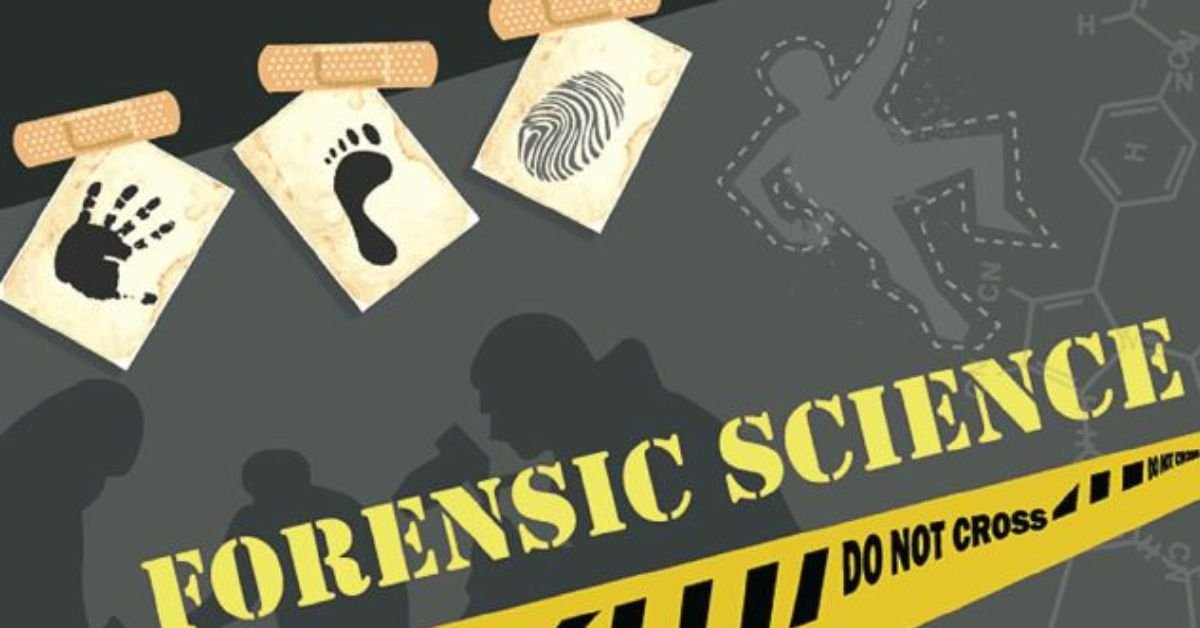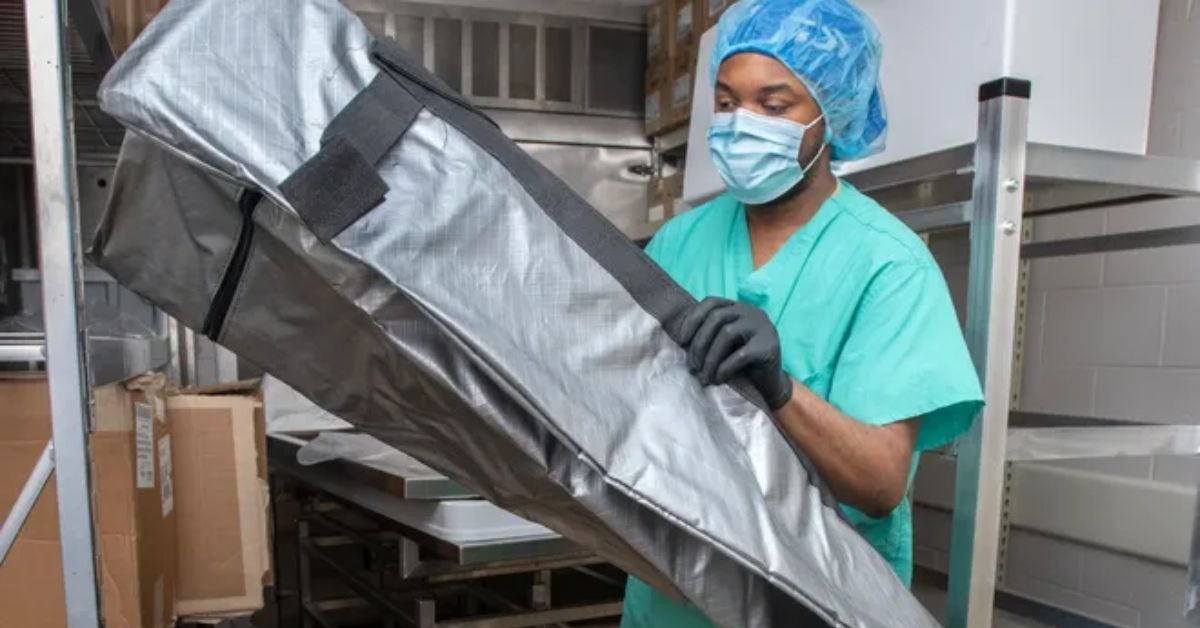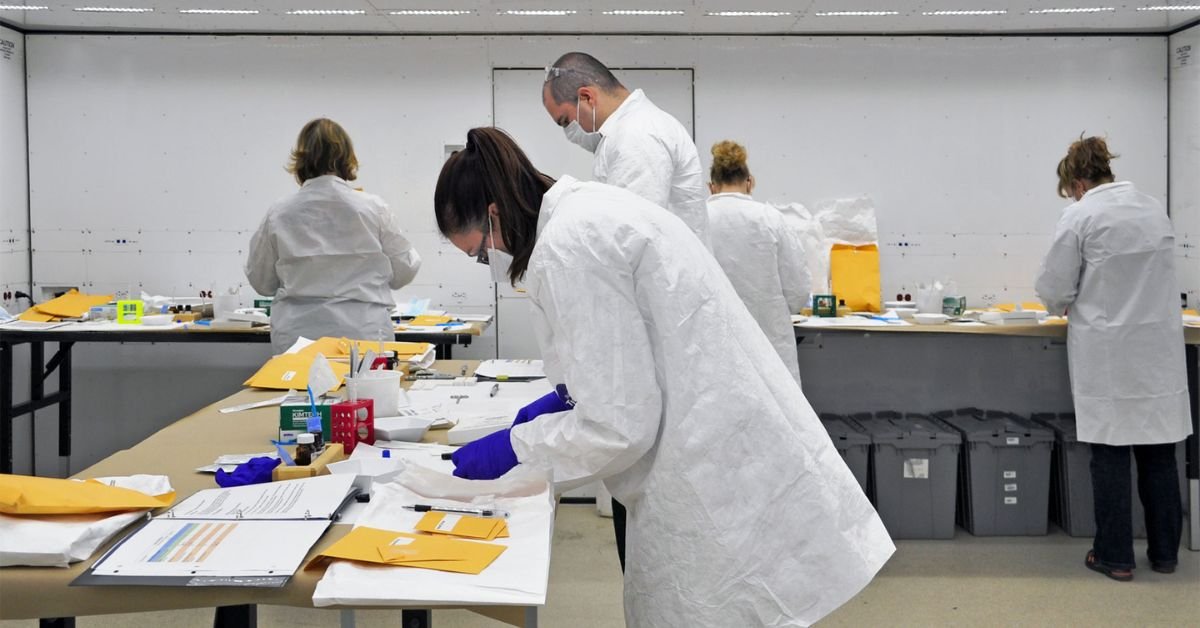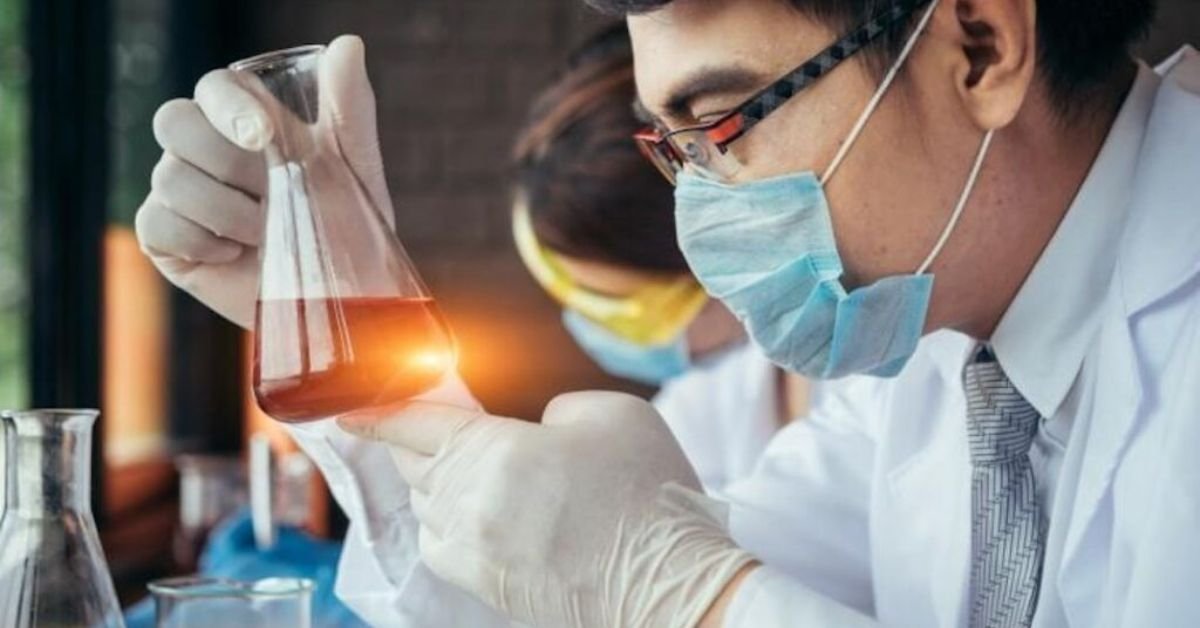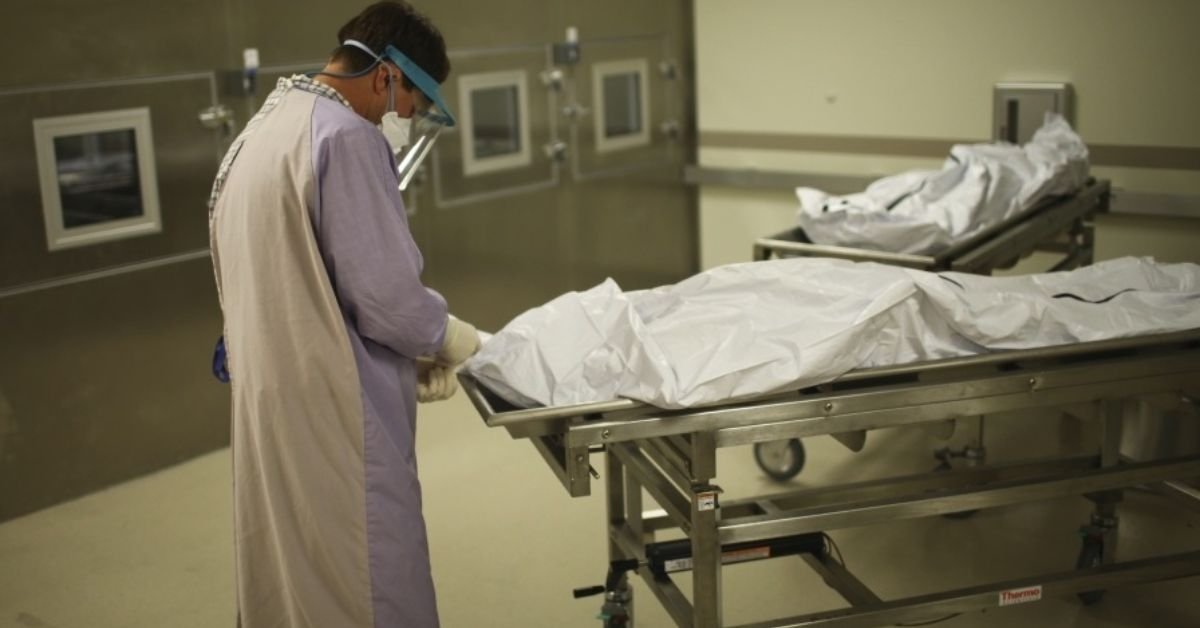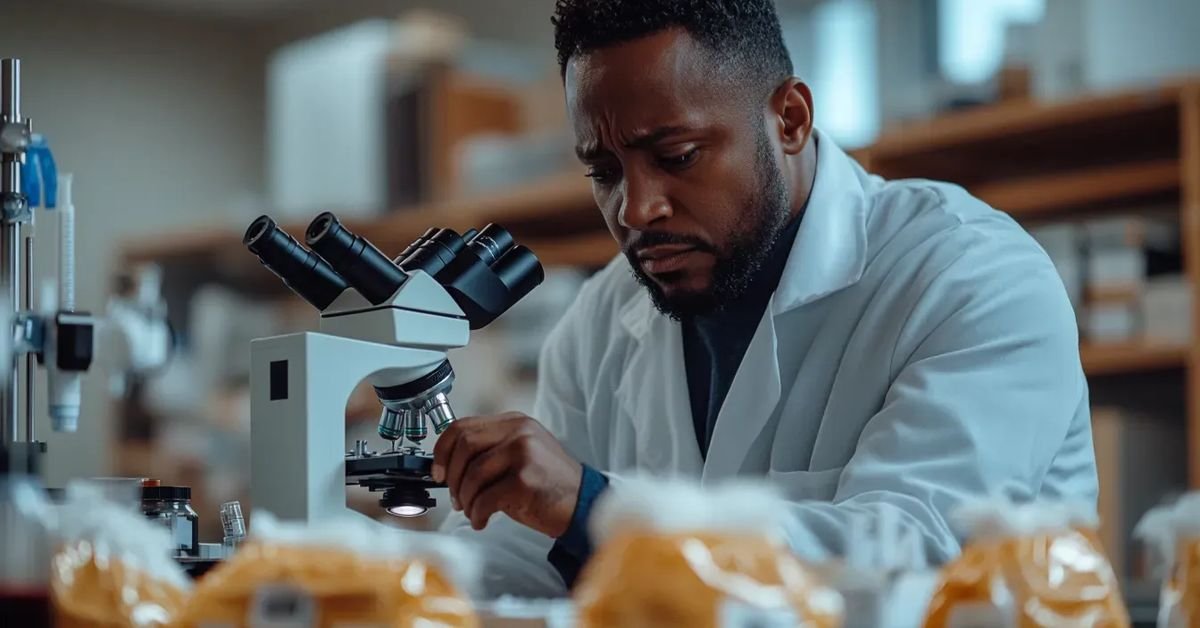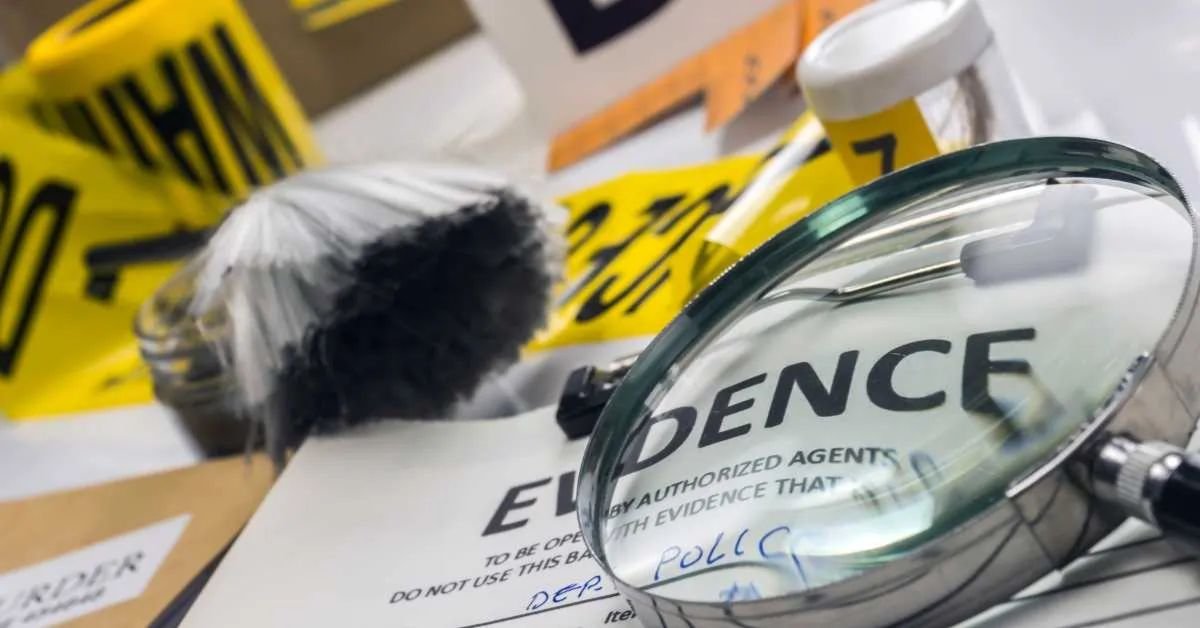Forensic science plays a pivotal role in Florida’s criminal justice system, providing critical support for investigations by analyzing evidence to help solve crimes. Florida is home to numerous forensic science departments that work across different levels of government, including state, county, and local jurisdictions. These departments are responsible for gathering, analyzing, and interpreting forensic evidence, which is essential for both criminal prosecutions and investigations.
This article provides a comprehensive overview of forensic science departments in Florida, their roles, responsibilities, and how they contribute to the state’s criminal justice system.
Overview of Forensic Science Departments in Florida
Forensic science departments in Florida are dedicated to the application of science in criminal investigations. Their primary mission is to collect and analyze physical evidence from crime scenes, which can include anything from fingerprints to toxicology reports. These departments play an essential role in the legal process, assisting law enforcement, attorneys, and courts in understanding the facts of a case.
The main forensic science departments in Florida include:
- Florida Department of Law Enforcement (FDLE) – Crime Lab Division
- County Medical Examiner Offices
- Local Police Department Forensic Units
- Private Forensic Laboratories
These departments may specialize in a range of forensic disciplines, including forensic biology, toxicology, digital forensics, and firearms examination. They work collaboratively with law enforcement agencies and often provide expert testimony in court.
Florida Department of Law Enforcement (FDLE) – Crime Lab Division
The Florida Department of Law Enforcement (FDLE) plays a key role in forensic science within the state. Its Crime Lab Division serves as the primary forensic science provider for state and local law enforcement agencies. The FDLE operates multiple regional crime labs, each specializing in different forensic disciplines, including toxicology, DNA analysis, firearms examination, and trace evidence analysis.
Key Responsibilities of FDLE Crime Labs:
- DNA Analysis: FDLE’s crime labs are responsible for processing DNA evidence, which is essential in solving crimes such as sexual assaults and homicides.
- Toxicology Testing: The FDLE tests biological samples for drugs, alcohol, and poisons, which is crucial in cases involving overdoses or suspected poisonings.
- Firearms and Ballistics: The FDLE analyzes firearms, ammunition, and related evidence, which can be pivotal in solving crimes involving firearms.
- Digital Forensics: The FDLE’s digital forensics units recover and analyze digital evidence, such as computers and mobile devices, to assist in investigations related to cybercrimes and electronic evidence.
- Trace Evidence: Crime labs at FDLE also analyze trace evidence, such as hair, fibers, and soil, to establish connections between a suspect and a crime scene.
County Medical Examiner Offices
In addition to the FDLE, county medical examiner offices across Florida play a crucial role in forensic science. Medical examiners are responsible for investigating deaths, particularly those that are sudden, unexplained, or suspicious, such as homicides or accidents. These departments conduct autopsies, toxicology tests, and death scene investigations to determine the cause and manner of death.
Key Responsibilities of County Medical Examiner Offices:
- Autopsies: Medical examiners perform autopsies to determine the cause of death and provide valuable evidence for criminal investigations.
- Toxicology: Medical examiners send samples to forensic labs to identify substances like drugs, alcohol, or poisons that may have contributed to the death.
- Death Scene Investigation: Medical examiners work closely with law enforcement to examine death scenes, gather evidence, and assist in identifying the circumstances surrounding a death.
- Court Testimony: Medical examiners often testify in court about their findings, helping to establish the facts surrounding a death.
Local Police Department Forensic Units
At the local level, many police departments in Florida maintain forensic units that handle crime scene investigations and evidence collection. These units are typically equipped to handle various types of forensic evidence, from fingerprints and blood samples to firearms and narcotics. Local forensic units often collaborate with county and state crime labs for more specialized analysis.
Key Responsibilities of Local Forensic Units:
- Crime Scene Investigation: Police forensic units collect evidence from crime scenes, such as fingerprints, blood, and other physical evidence.
- Forensic Photography: Crime scene investigators document evidence using photography, ensuring that it is preserved for legal purposes.
- Evidence Preservation: Local forensic units ensure that evidence is properly preserved and handled to prevent contamination or loss.
- Forensic Analysis: While local forensic units may not have advanced lab capabilities, they are equipped to perform basic forensic analysis, such as fingerprint identification and drug testing.
Private Forensic Laboratories
In addition to government-run forensic science departments, there are private forensic laboratories in Florida that offer specialized services. These labs may assist both public and private clients in areas like DNA analysis, forensic accounting, or drug testing. Private labs often work with law enforcement agencies when there is a backlog in public crime labs or when additional expertise is needed.
Key Roles of Private Forensic Laboratories:
- DNA Analysis: Private forensic labs provide DNA testing services, particularly in cases where there is a need for confirmation or second opinions.
- Forensic Accounting: Some private labs specialize in forensic accounting, which is used to investigate financial crimes, such as embezzlement or fraud.
- Expert Witness Services: Private forensic experts often provide testimony in court cases, offering specialized expertise in areas such as ballistics or toxicology.
- Independent Investigation: Private labs may be contracted for independent investigations, especially in cases that involve potential legal disputes or where a second opinion is required.
Educational and Certification Requirements for Forensic Scientists in Florida
Becoming a forensic scientist in Florida requires a combination of formal education, specialized training, and certifications. Most forensic scientists hold a degree in forensic science, criminal justice, biology, or chemistry. Additionally, some may pursue specialized certifications in areas such as toxicology, DNA analysis, or fingerprint analysis.
Key qualifications typically include:
- Bachelor’s Degree: A degree in forensic science, criminal justice, or a related field is required to begin a career in forensic science.
- Master’s Degree: For some advanced positions, such as forensic pathologists or forensic toxicologists, a master’s degree or higher in a specialized area may be required.
- Certification: Many forensic scientists in Florida pursue certifications through organizations such as the American Board of Criminalistics (ABC) or the International Association for Identification (IAI) to demonstrate their expertise and proficiency in their specialized fields.
Salary and Career Outlook for Forensic Scientists in Florida
Forensic scientists in Florida can expect competitive salaries, with those working for state crime labs or as medical examiners typically earning between $50,000 and $90,000 annually. Those in specialized fields, such as toxicology or DNA analysis, can earn salaries on the higher end of this range. Medical examiners, particularly those in leadership roles, may earn $120,000 or more.
The job outlook for forensic scientists in Florida is positive. The U.S. Bureau of Labor Statistics (BLS) projects that employment in forensic science fields will grow by 14% from 2021 to 2031, which is faster than the average for other occupations.
Forensic Science Departments in Florida: Key Takeaways
Forensic science departments in Florida, from the FDLE crime labs to county medical examiner offices, provide essential services that aid in criminal investigations, court proceedings, and public safety. These departments are staffed by highly trained professionals who use advanced scientific techniques to analyze evidence and support justice in the state. With continued advancements in forensic technology and growing demand for their services, forensic scientists in Florida are poised for an exciting and impactful career.
References
- Florida Department of Law Enforcement (FDLE): https://www.fdle.state.fl.us
- U.S. Bureau of Labor Statistics (BLS) – Forensic Science Technicians: https://www.bls.gov/ooh/life-physical-and-social-science/forensic-science-technicians.htm
- American Academy of Forensic Sciences (AAFS): https://www.aafs.org
Forensic Science Departments in Florida: Salary Breakdown
| Category | Salary Range (Annual) | Notes |
|---|---|---|
| Entry-Level Forensic Scientists | $50,000 – $60,000 | Fresh graduates with a degree in forensic science. |
| Mid-Career Forensic Scientists | $60,000 – $80,000 | 5-10 years of experience in specialized areas. |
| Senior Forensic Scientists | $80,000 – $100,000+ | Extensive experience, typically in leadership roles. |
| Forensic Pathologists | $120,000+ | Medical examiners with advanced expertise in pathology. |
| Specialized Forensic Experts | $70,000 – $100,000+ | DNA analysts, toxicologists, etc. |
This table highlights the salary ranges for forensic scientists across various experience levels and specialized fields within Florida’s forensic science departments.
